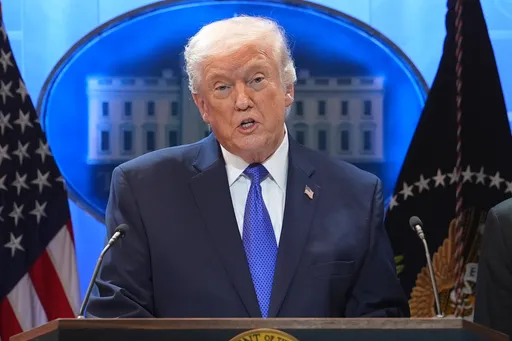The first commercial flight out of Yemen's rebel-held capital in six years has been indefinitely postponed, after failing to obtain permits from the Saudi-led coalition, the national carrier has said.
Yemen's government blamed the Iran-backed Houthi rebels for Sunday’s postponement, claiming they had tried to "smuggle" members of Tehran's Revolutionary Guards and Lebanese militant group Hezbollah onto the flight.
Authorities in Sanaa also accused the coalition of trying to keep Yemeni civilians "in a large prison", and said the denial of permits was a "violation" of a fragile truce.
The capital's airport was due to receive the commercial aircraft early on Sunday, reviving hopes that the war-torn country could resume some normal operations.
The Norwegian Refugee Council expressed disappointment on Sunday that the planned flight did not happen.
"This would have been a first small but important step towards long-lasting stability in Yemen. It is also a life-saver for tens of thousands of medical patients who desperately need urgent treatment abroad," said Erin Hutchinson, the aid group's Yemen country director.
UN special envoy Hans Grundberg also voiced concern and called on the warring parties to work with his office "to find a solution that allows the flights to resume as planned."
A renewable two-month truce that went into effect in early April "is meant to benefit civilians including through reducing violence, making fuel available and improving their freedom of movement to, from and within their country," Grundberg said.
READ MORE:UN envoy calls for 'continued commitment' to uphold Yemen truce
Trading blame
The plane, operated by national carrier Yemenia, was expected to take off from the government-controlled southern port city of Aden, stop off in Sanaa, and transport passengers in need of medical treatment to Jordan's capital Amman. But hours before the flight, the airline said "it has not yet received operating permits".
Yemen's Information Minister Moammar al Eryani said the Houthis were responsible for the flight being scrapped, Yemen's official Saba news agency reported.
Eryani accused the Houthis of trying to take advantage of the flights to "smuggle" members of Hezbollah and Iran's Revolutionary Guards onto the plane using "fake names and forged documents."
While the government had approved 104 passengers, the Houthis "refused" and insisted on adding 60 more "passengers with unreliable passports," he added.
In Houthi-controlled Sanaa, airport director Khaled Al Shayef said the passports issue was a "baseless justification" for barring the flight. The deputy head of civil aviation Raed Talib Jabal said the coalition's refusal to allow Sunday's flight was "a violation of the truce".
The flight postponement was a setback for a truce deal that has provided a rare respite from violence in much of the country and has also seen fuel tankers begin arriving at the port of Hudaida, potentially easing fuel shortages in Sanaa and elsewhere.
READ MORE: Yemen's Houthi rebels agree to rid ranks of child soldiers























